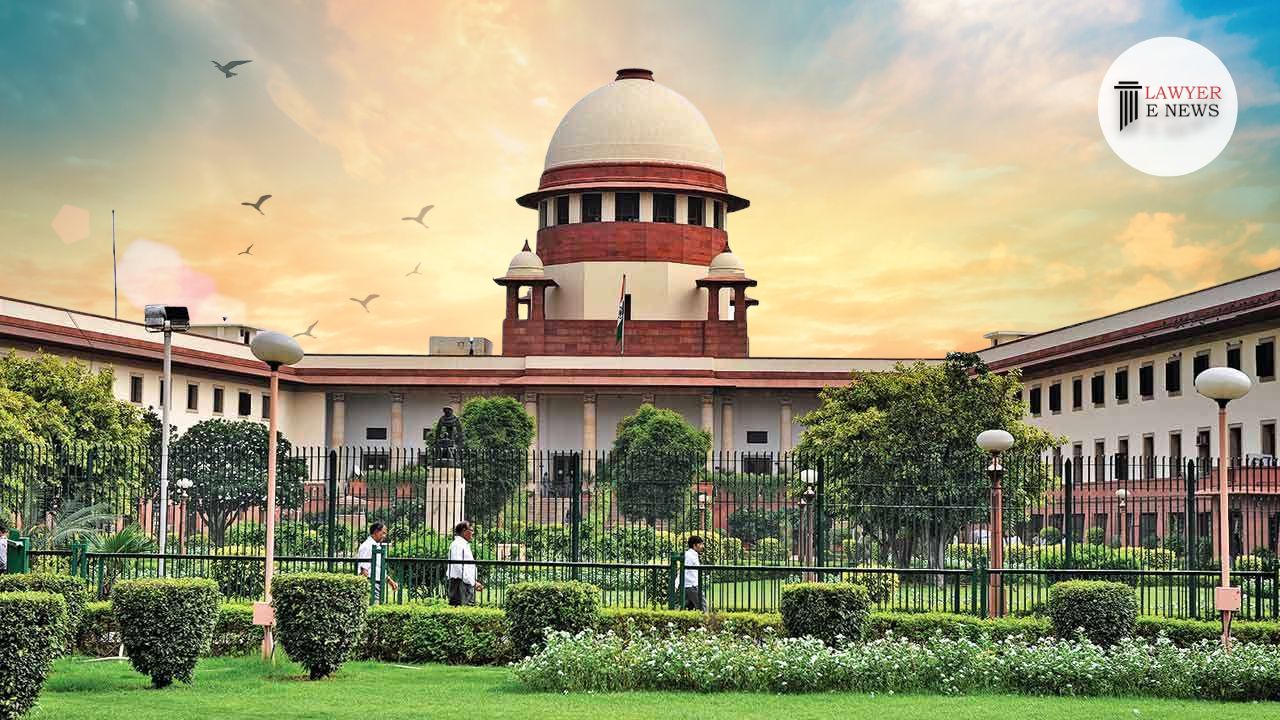-
by sayum
14 February 2026 2:22 PM



In a significant ruling, the Supreme Court of India has dissolved a marriage citing irretrievable breakdown and prolonged separation of over 22 years. The bench, comprising Justices Vikram Nath and Satish Chandra Sharma, exercised its powers under Article 142 of the Constitution to grant the divorce, setting aside the High Court’s earlier decision. The judgment highlights the court’s commitment to ensuring complete justice in cases of failed marriages, even when one spouse opposes the divorce.
The appellant, Dr. Vikas Kanaujia, and the respondent, Dr. Sarita, were married on February 20, 2002, but lived together for only 43 days. The respondent moved out of the marital home within a month, and despite repeated attempts at reconciliation, the couple remained separated. The appellant filed for divorce on grounds of cruelty, while the respondent opposed it, citing willingness to cohabit.
The Family Court granted the divorce In 2006, but the High Court reversed this decision in 2019, leading to the current appeal. The case also involved multiple legal battles, including allegations of dowry demands, false criminal charges, and mutual accusations of cruelty.
The Supreme Court emphasized the irretrievable breakdown of the marriage, noting the couple’s separation for more than two decades and their inability to reconcile despite numerous attempts. “The marriage has failed completely, and there is no possibility of the parties living together,” the court observed. The judgment underlined the necessity of granting a divorce to prevent further injustice and emotional distress.
Referring to the Constitution Bench ruling in Shilpa Shailesh v. Varun Sreenivasan, the court reiterated its discretionary power under Article 142 to dissolve marriages on the grounds of irretrievable breakdown, even if one party opposes. Justice Vikram Nath stated, “This Court has the discretion to dissolve the marriage on the ground of its irretrievable breakdown to do complete justice to the parties.”
The court acknowledged the prolonged legal battles and allegations of cruelty from both sides. The respondent had filed criminal charges against the appellant and his family, leading to their arrest, although they were later acquitted. The appellant claimed that these actions constituted mental cruelty. The court found that the continuous disputes and legal harassment indicated a failed marriage beyond repair.
Justice Vikram Nath remarked, “The continued bitterness, dead emotions, and long separation can be construed as a case of irretrievable breakdown of marriage. The relation has taken a sour taste, and the continuation of the formal legal relationship is unjustified.”
The Supreme Court’s decision to dissolve the marriage using its Article 142 powers underscores its role in ensuring justice in cases of failed marriages. This landmark judgment is expected to influence future cases, reinforcing the court’s commitment to addressing the complexities of matrimonial disputes and providing relief to parties in long-standing separations.
Date of Decision: July 10, 2024
Vikas Kanaujia v. Sarita
